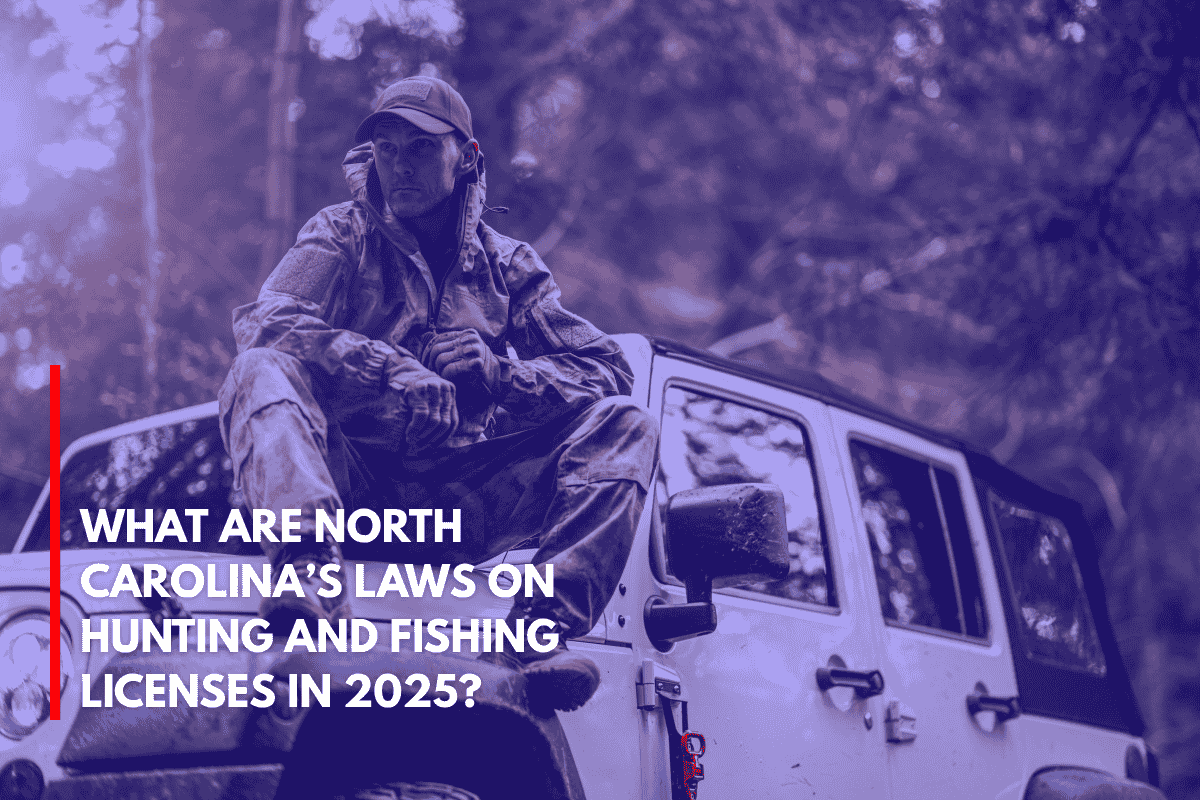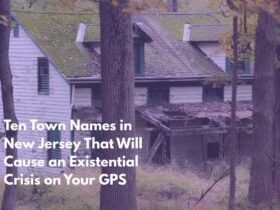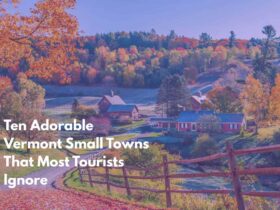North Carolina’s hunting and fishing license requirements for 2025 are detailed and tailored to ensure sustainable management of wildlife and aquatic resources. Below is an overview of the current laws and how they affect both residents and non-residents.
Hunting License Requirements
General Requirements
Residents: All North Carolina residents age 16 or older must obtain a resident hunting license before hunting in the state. A resident is defined as someone who has lived in North Carolina for at least six months or has established a permanent residence for 60 days. Non-resident students enrolled in North Carolina institutions and active-duty military members are also considered residents for licensing purposes.
Non-Residents: Non-residents age 16 or older must purchase a non-resident hunting license.
Hunter Education: Completion of a hunter education course is required for most hunters before purchasing a license, unless you are under a certain age or qualify for an exemption.
Special Licenses and Privileges
Military and Veterans: Active-duty military members who are non-residents may purchase a resident hunting license. North Carolina residents on active duty and stationed elsewhere do not need a hunting license while on leave for less than 30 days. Resident veterans who are 50% or more disabled may qualify for a lifetime Disabled Veteran Sportsman License or Disabled Veteran Hunting and Inland Fishing License.
Migratory Waterfowl: Hunters age 16 or older must purchase the North Carolina Waterfowl Privilege and the Federal Duck Stamp. Participation in the Harvest Information Program (HIP) is also required for migratory waterfowl hunting.
Big Game Harvest Report Card
License-Exempt Individuals: Those exempt from hunting license requirements (such as certain landowners) must obtain a License-Exempt Big Game Harvest Report Card when hunting deer, bear, or wild turkey.
Fishing License Requirements
General Requirements
Who Needs a License: Anyone age 16 or older must have a fishing license to fish in North Carolina’s public waters. This applies to both inland (freshwater) and coastal (saltwater) fishing.
Exemptions: Children under 16 do not need a license. Fishing in private ponds on privately owned land is exempt, as is fishing aboard a saltwater charter boat. Everyone can fish without a license on the 4th of July. North Carolina residents on leave from the military can fish for up to 30 days without a license if they carry proper documentation.
Military and Veterans: Resident veterans who are 50% or more disabled may qualify for discounted or free lifetime fishing licenses.
Types of Licenses
Inland Fishing License: Covers freshwater fishing in rivers, lakes, and streams.
Coastal Recreational Fishing License (CRFL): Required for saltwater fishing in sounds, coastal rivers, and out to three miles in the ocean.
Joint Waters: In areas where fresh and saltwater meet, either an inland or coastal license may be required—check specific regulations for the area you plan to fish.
Lifetime Licenses: Available for both residents and non-residents, with discounts for infants, youth, and seniors.
Special Licenses: Free or discounted Unified Lifetime Fishing Licenses are available for certain groups, such as those who rely on fishing for food, legally blind residents, residents in care homes, and disabled veterans.
License Costs (2025)
| License Type | Resident Cost | Non-Resident Cost |
|---|---|---|
| 10-Day Coastal | $8 | $14 |
| Annual Coastal | $19 | $38 |
| 10-Day Inland | $11 | $28 |
| Annual Inland | $30 | $54 |
| Annual Unified (Inland + Coastal) | $49 | N/A |
| Lifetime Inland (Adult) | $315 | N/A |
| Lifetime Coastal (Adult) | $315 | $638 |
Key Takeaways
Residents and non-residents age 16 and older must have a hunting or fishing license unless exempt.
Hunter education is required for most hunters.
Special provisions exist for military, veterans, and disabled individuals.
Different licenses are required for inland and coastal fishing.
Big game harvest cards are required for some license-exempt hunters.
Everyone can fish without a license on July 4th.
For the most accurate and up-to-date information, consult the North Carolina Wildlife Resources Commission or their official regulations digest.
Sources:
- https://www.hunter-ed.com/northcarolina/hunting_license/
- https://online.flippingbook.com/view/104623660
- https://www.emeraldislerealty.com/area-info/activities-fishing-licenses
- https://fishingbooker.com/blog/north-carolina-fishing-license/











Leave a Reply